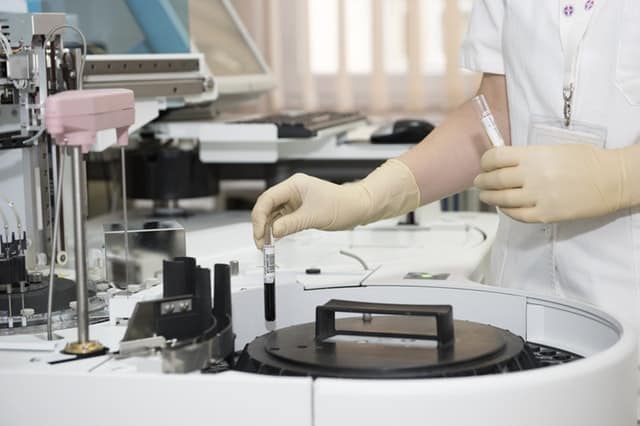One of the most demanding industries when it comes to standards of quality is the pharmaceutical industry. If they don’t produce high-quality medicines, vaccines, and other kinds of drugs to satisfy the demand, patients who need them won’t be cured of their diseases. Worse, people may end up suffering from adverse effects that may lead to health complications or even death.
This is why pharmaceutical companies continue to work toward increasing their production efficiency while at the same time managing costs so that people have access to affordable and effective medicines. Thankfully, there are technologies and methods that are now readily available to help medical manufacturers achieve such a goal. Here are a few of them.
Automation
Automated motion solutions are practically a necessity in pharmaceutical manufacturing. For one, drugs are produced by the millions, even billions, every single day. More importantly, they need to have a very specific amount of active ingredients in order for them to work. This is a labor-intensive task that requires extreme precision, especially since the amount of ingredients is often measured in such small amounts. Doing this manually will take a lot of time and would be prone to errors.
With automation solutions, each tablet, capsule, and syrup would possess the correct chemical composition every single time. They can also be quickly and properly placed in tamper-proof packaging so that their integrity won’t be compromised.
Automation also reduces the chances of contamination at any point of the manufacturing process. This is because there are limited points of contact between the components and human workers. The clean-up and sterilization of machines are also much simpler to accomplish as opposed to personnel undergoing various workplace safety and hygiene measures.
Quality Assurance Measures
When people think of quality assurance or QA, there is sometimes a misconception that it happens only at the end of the process, before the products are finally shipped. This could not be more wrong as QA measures are implemented every step of the way, from the transport of ingredients down to the very last step of packaging.
Some of the QA measures implemented throughout the pharmaceutical manufacturing process include checking the machinery to make sure that they pass cleanliness standards and that there aren’t any faulty components; requiring floor workers to follow hygiene and other safety protocols; and checking the calibration of automated tools.
Automation technology can also be combined with various scientific techniques to check the quality and consistency of medicines near the end of the process. One such technique is called Raman spectroscopy, which detects the molecular vibrations and energy changes of substances especially when they are combined with others. This allows the detailed inspection of the correctness of medical compounds down to the molecular level.
Continuous Research
Research is one of the most important facets science in general, and the pharmaceutical industry is one of its biggest beneficiaries. Researchers are always hard at work to develop new kinds of drugs, not just to find treatments for diseases that have no current cures yet but to also improve on the medicines that we have now. These could be in the form of medications that work faster or that don’t have any side effects, or drugs that will not result into relative or absolute contraindications when used with other drugs.
The concept of personalized medication is also being pursued. The current approach to medicine is based on averages, applying the treatment method that works for a bigger chunk of the population. However, in the future, we may be looking at truly individualized treatment procedures that are customized based on the patient’s age, gender, genetic sequence, and other factors.
Final Thoughts
When it comes to industries that involve human lives, meeting high standards is non-negotiable. With the help of technology, pharmaceutical manufacturers can continue improving their processes in order to produce top quality medicines to improve patients’ lives.




